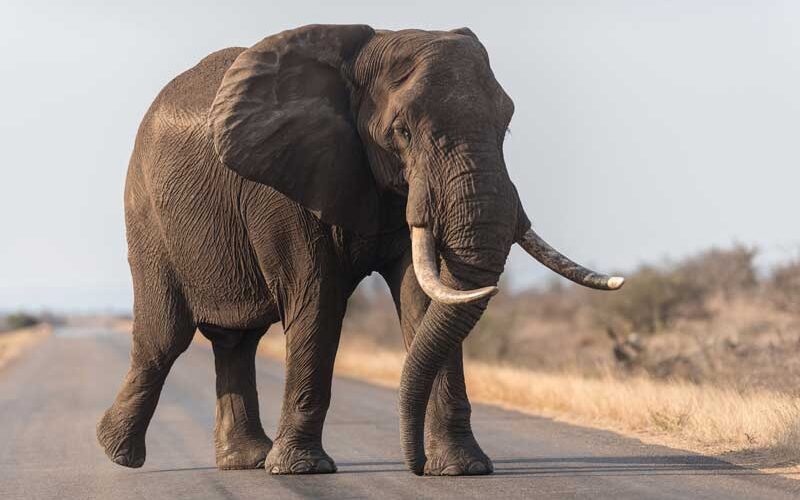Introduction: Animal death
Animals dying is common. Animals die, whether they are big or small. A minor injury could give them blood loss, which may lead to a slow death. Small-bodied mammals die mainly because of predation, and adult, larger mammals most commonly die of human-caused deaths, including hunting and vehicle collisions.
Are animals aware of death?
Even though long-lived, intellectual animals like elephants and chimpanzees grasp that the deceased is gone for good, they might not understand that death will come to everyone at some point, as this understanding may only exist in humans.
A growing body of anecdotal evidence on grieving and other death-related behaviors in a variety of species is assisting researchers in framing questions about animal death awareness and determining the most effective methods for studying these behaviors. For instance, elephants have been observed to show a strong interest in the bones of the deceased and to grieve for lost kin. During one of these dramatic ritual examinations of bones in 2016, a Ph.D. student researching African elephants managed to capture it on camera. Elephants from three distinct families visited a dead matriarch’s body after smelling her body.
How do animals grieve over their deaths?
When an animal passes away, its partner, kin, or friends may show their sorrow. The main requirements for diagnosing sorrow include changes in the survivor’s routines for social behavior, eating, sleeping, and/or expression. According to this concept of sadness, a wide range of other species—such as domestic pets like cats, dogs, rabbits, horses, farm animals, some birds, and big-brained mammals like elephants, apes, and cetaceans—can all be considered to experience grief.
Conclusion
Many call death the “Great Equalizer,” equalizing the Prince and the Pauper. Because of its enduring nature and the grief it causes, human civilizations all across the world have developed complicated rituals to deal with it. There is a wealth of evidence, ranging from the ancient Egyptian pyramids to Incan mummies to the contemporary American funeral home, indicating humans have a unique connection to the dead.
Other species do not seem to have the same attitude toward the dead. Animals are spared from the thought of future death, according to anthropologist Ernest Becker, who claimed in the early 1970s that they had no idea about dying (Becker 1970, as cited in Di Silvestro 2012).
Becker’s perspective is antiquated in modern times. However, as a result of scientists’ research into nonhuman animals in which human behavior first appeared, a growing corpus of research indicates that at least some species are aware of the unique characteristics of death. According to psychologist James Anderson of Scotland’s University of Stirling, who has been researching chimpanzee reactions to the dying, “I believe we are now justified in thinking that chimpanzees have some type of awareness of death.”
References
Hecht, L. “How Wild Animals Die: What We Know so Far.” Wild Animal Initiative, 1 Dec. 2020, www.wildanimalinitiative.org/blog/cause-of-death-3. [Accessed 6 October 2022].
Di Silvestro, R. “Are Other Animals Aware of Death?” National Wildlife Federation, 2012, www.nwf.org/Magazines/National-Wildlife/2013/DecJan/Animals/Animal-Mourning. [Accessed 11 October 2022].
Magazine, Smithsonian. “Do Animals Experience Grief?” Smithsonian Magazine, 24 Aug. 2018, www.smithsonianmag.com/science-nature/do-animals-experience-grief-180970124/#:~:text=A%20growing%20body%20of%20scientific. [Accessed 11 October 2022].
